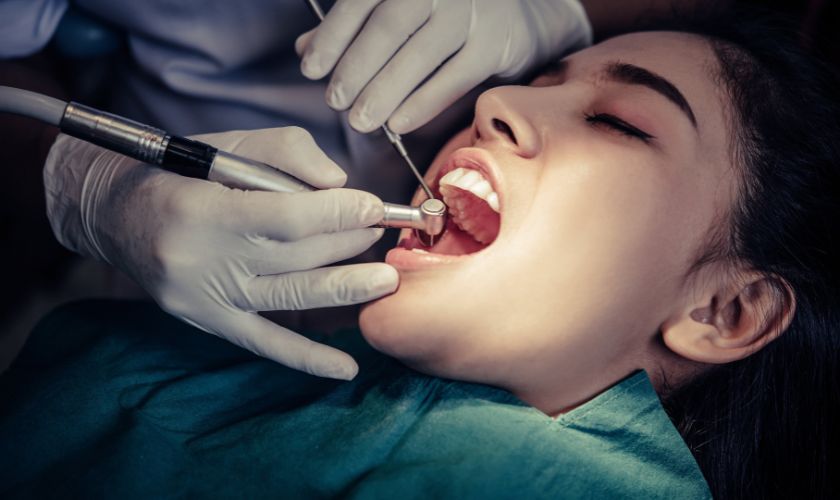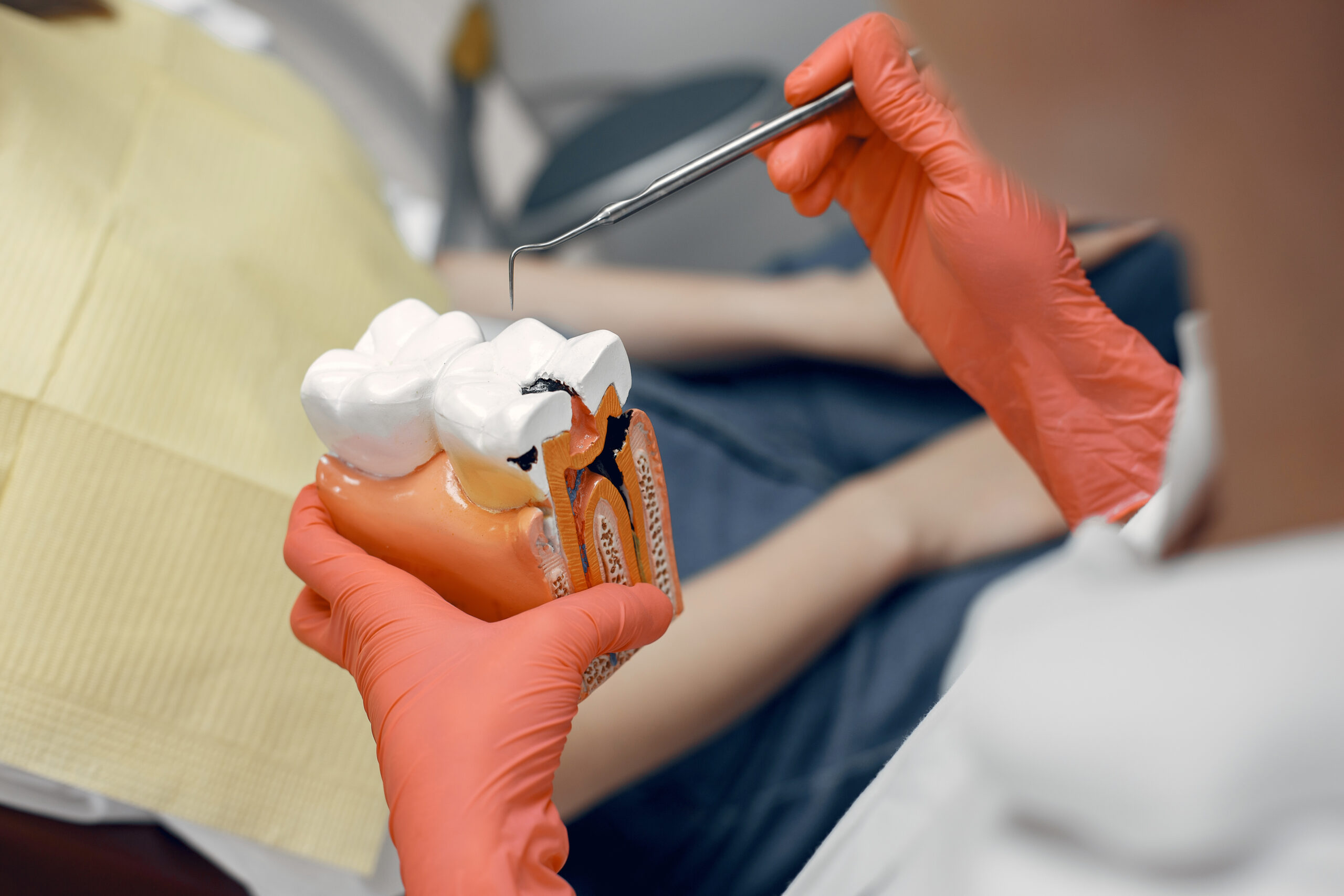Top Family, Cosmetic and Implant Center In 537 Amherst St, Nashua, NH 03063
Wisdom Teeth Woes: Why Extraction Might Be Necessary?

Are you experiencing an ache in the back of your mouth that just won’t go away? Or perhaps you’ve been told by your dentist that it’s time to say goodbye to your wisdom teeth. Don’t worry, you’re not alone! Wisdom teeth troubles are a common dental issue faced by many individuals. In this blog post, we will delve into the world of wisdom teeth and explore why extraction might be necessary. So sit back, relax, and let us enlighten you on all things wisdom tooth-related!
What Are Wisdom Teeth?
Wisdom teeth, also known as third molars, are the last set of teeth to emerge in your mouth. They typically appear between the ages of 17 and 25, a time when you’re supposedly gaining wisdom – hence the name! However, these late bloomers often cause more trouble than wisdom.
These teeth were once vital for our ancestors who had larger jaws and needed them to chew tough foods like roots and raw meat. But with changes in our diet over time and evolution altering jaw size, many people no longer have enough space in their mouths for these additional molars.
As a result, wisdom teeth can become impacted or partially erupted. Impacted wisdom teeth are trapped beneath the gum line or bone and can’t fully emerge. Partially erupted ones only break through partially, leaving an opening that’s difficult to clean properly.
Impacted or partially erupted wisdom teeth in Nashua can lead to numerous dental problems. They may crowd surrounding teeth, causing shifting or misalignment. The angle at which they grow might push against adjacent molars leading to pain and discomfort.
Why Do Some People Need To Have Their Wisdom Teeth Extracted?
While some people have no issues with their wisdom teeth and they grow in properly aligned with the rest of their teeth, others may experience complications that require extraction.
One common reason for extracting wisdom teeth in Nashua is due to lack of space in the mouth. Most people’s jaws are not large enough to accommodate these additional molars, causing them to become impacted or only partially erupt. This can lead to various problems such as pain, infection, tooth decay, and even damage to nearby teeth.
Another issue that may necessitate extraction is when the wisdom teeth grow at an angle or sideways. This misalignment can disrupt the natural alignment of other teeth and potentially cause crowding or shifting.
If extraction is deemed necessary by a dentist or oral surgeon, it typically involves a simple surgical procedure performed under local anesthesia or sedation. The dentist will make an incision in the gums if needed before removing the problematic tooth carefully.
The Wisdom Tooth Extraction Procedure:
When it comes to wisdom teeth, extraction is often necessary due to a variety of reasons. The procedure itself involves removing one or more problematic wisdom teeth from the back of the mouth. Before the extraction, your dentist will thoroughly examine your mouth and may take X-rays to get a clear picture of the position and condition of your wisdom teeth. This will help determine whether extraction is needed.
On the day of the procedure, you will be given local anesthesia, which numbs the area around the tooth being extracted. In some cases, general anesthesia may be used if multiple teeth are being removed or if you prefer to be unconscious during the process. Once you’re numb or asleep, your dentist will make an incision in your gum tissue to expose the tooth and bone. They may need to remove any bone that’s blocking access to the tooth root. Then they’ll gently loosen and extract each tooth using specialized tools.
Aftercare For Wisdom Tooth Extraction
Taking care of your mouth after wisdom tooth extraction is crucial for a smooth recovery. Here are some tips to help you through the healing process.
1. Follow the dentist’s instructions: Your dentist will provide specific post-operative instructions tailored to your situation. It’s essential to follow these guidelines carefully to avoid complications and promote healing.
2. Control bleeding: Some bleeding is normal after the procedure, but excessive bleeding can be a cause for concern. Bite down gently on the gauze pad provided by your dentist to help control bleeding and change it as instructed.
3. Manage pain and swelling: Discomfort and swelling are common after wisdom tooth extraction. Over-the-counter pain medication prescribed by your dentist can help manage any pain or inflammation you may experience.
4. Eat soft foods: Stick to a diet of soft, easy-to-chew foods for several days following the extraction. Avoid hard or sticky foods that could disrupt the healing process or get stuck in the surgical area.
5. Maintain oral hygiene: Keeping your mouth clean is crucial during recovery but should be done gently and with caution around the surgical site. Rinse with warm saltwater regularly and continue brushing other teeth while avoiding direct contact with the extraction site.
Remember, every individual’s recovery may vary slightly, so make sure to consult with your dentist if you have any concerns or questions during this period.




